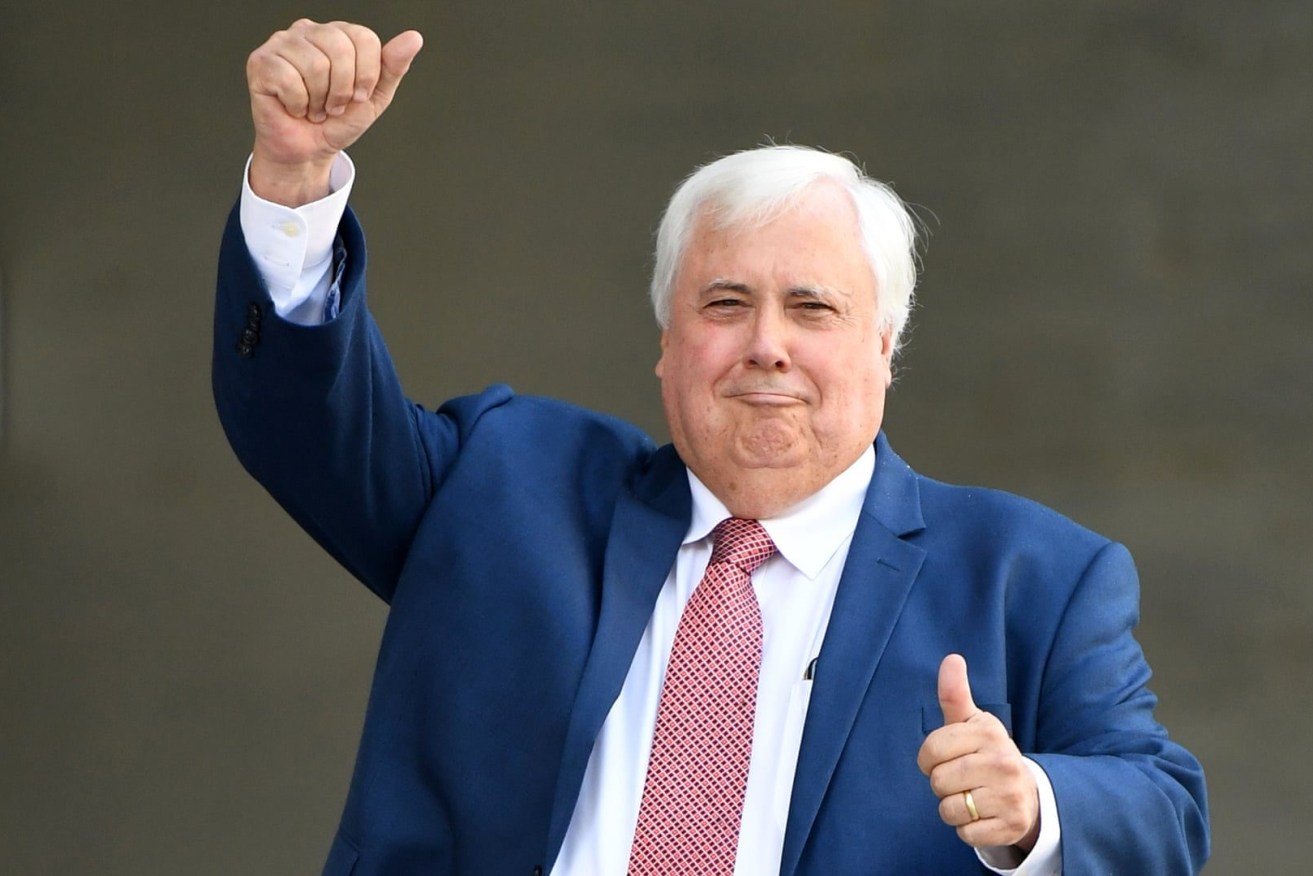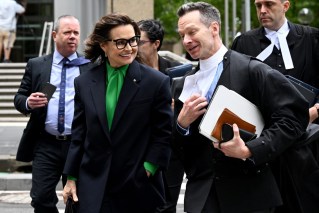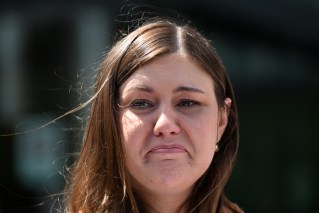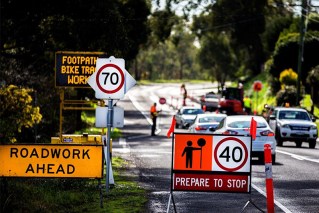In all honesty, isn’t it time we demanded more truth in political campaigns?
Regardless of the outcome, the state election was proof, if we ever needed it, that truth in political advertising should be formally protected, writes Elliot Stein

Palmer has trumpeted his role in challenging the Covid-19 mandate for all police to be vaccinated. Photo: AAP
The cynics would have us believe that seeking truth in politics is like looking for sobriety at the bottom of a bottle, but it is possible to strive for a standard higher than a deluge of lies.
The day after the state election Channel Nine’s Lane Calcutt delivered a thunderous, captivating analysis. Clive Palmer would “sail off into the political sunset”, he said, no matter how “many lies he spins”.
And there it was. A tiny four-letter word tucked into a six-minute long package on the evening news finally giving voice to what we all knew. That Clive Palmer told lies during the state election in order to influence the outcome and he used his big coffers to push them.
Before Sunday the media would merely report that Labor had “accused” Palmer of lying, or that Labor had “rejected” his claims. Some called the Palmer advertisements a “scare campaign”. A series of cop-outs that suggested there was contention on the facts when it was universally known to be false.
In the washup of the 2020 state election, we can take heart that Palmer’s lies garnered him an embarrassing less than one percent of votes cast in Queensland. We can be confident that Queenslanders saw through the lies and endorsed the target of his attacks with increased margins.
We can kid ourselves that in rejecting Palmer at the ballot box that we have chased his Trumpian discourse out of town.
Before Saturday’s thumping of Clive, his lies were like a second virus circulating in the Queensland community. It was unknown whether that virus would take hold in the privacy of the voting centre. We can be comforted that we were inoculated this time.
Yet we know this to be true – the independent Electoral Commission of Queensland couldn’t lift a finger when presented with evidence of Palmer’s lies, instead weakly referring bundles of text messages to the federal communications regulator.
Before we proceed much further let’s accept the fact that there will always be, and should always be, contested discourse in political life. We know that in the heat of political battle the major parties are not immune to accusations of overreach and supposition.
Coming out of the 2020 election both sides of politics would have a long list of statements they felt were unfair and even untrue. New laws would have the ability to curtail the excesses of both the ALP and LNP as well.
Finding the line of acceptable claims and counterclaims will be difficult. However, we can all readily accept the need for stronger guardrails. Palmer’s advertising was untethered to even a tokenistic connection to reality or kernel of truth.
Political speech is and should remain free speech. But just like yelling “fire” in a crowded pub, we can draw lines and boundaries around the claims used in public life.
As the Queensland Parliament convenes in the coming weeks and begins to reflect on the conduct of the election, it would be wise to consider the role of truth in political advertising and speech legislation.
Now that the Parliament has four years before the next campaign it will be able to properly consider the merits and mechanisms of such a reform through the committee system. This is no easy feat of reform and will require careful examination.
The ACT Legislative Assembly has introduced such laws, but they are yet to take force. The South Australian Parliament have had laws on the books for decades.
Here in Queensland despite coming close in the mid-1990s, no such laws exist. Clive Palmer was able to make baseless lies without fear of consequence. Ironically it was those who called him out for those lies that feared retribution under strict defamation law.
Considerations will need to be made concerning how complaints are made, who arbitrates the facts and the consequences for such claims. Do they only extend to advertising or to all political speech? How would the protections of the parliament interact with any new laws? And harder still, how to regulate the online airwaves like Facebook and Twitter?
These are not easy choices, but it will be in the interests of all political parties to institute tough laws, to raise the standard of political speech and ultimate improve the reputation of the body politic itself.
Elliot Stein is the Queensland Director of government relations firm Hawker Britton, and a former Chief of Staff in the Palaszczuk Government.













